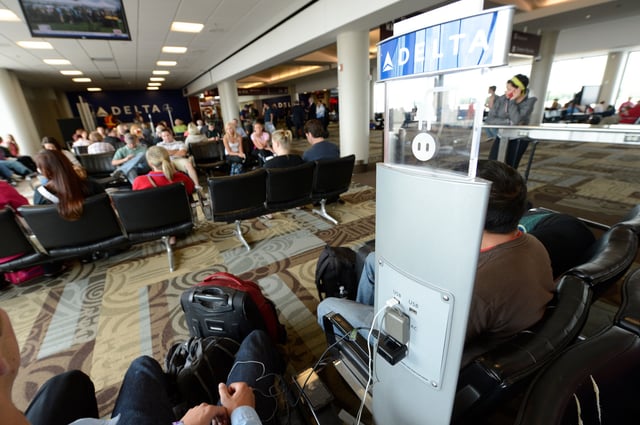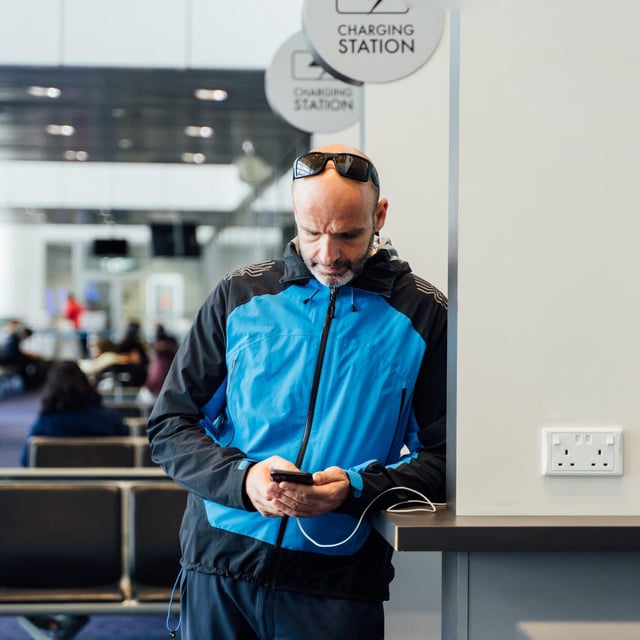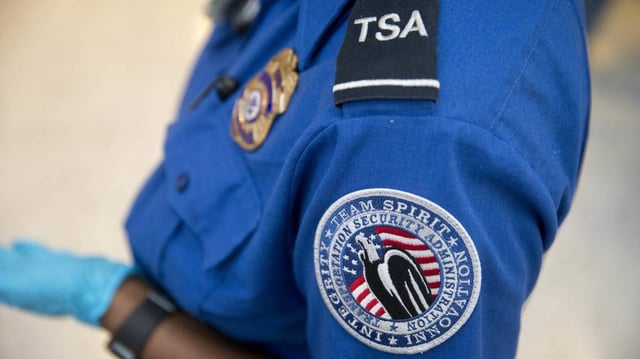Overview
- The TSA reiterates warnings against plugging devices into public USB charging ports to prevent potential “juice jacking” malware infections.
- Travelers are urged to avoid entering sensitive information on unsecured airport Wi-Fi and to use VPNs for encrypted connections whenever possible.
- The FCC advises packing personal chargers and power-only cables to sidestep compromised ports, while the FTC contends that most encrypted public Wi-Fi is generally safe.
- Security firms such as Zimperium and SlashNext highlight rising mobile malware activity during travel and recommend USB data blockers and portable power banks.
- Peak summer travel and widespread device reliance have driven renewed alerts and public debate over balancing charging and connectivity convenience with cybersecurity hygiene.


